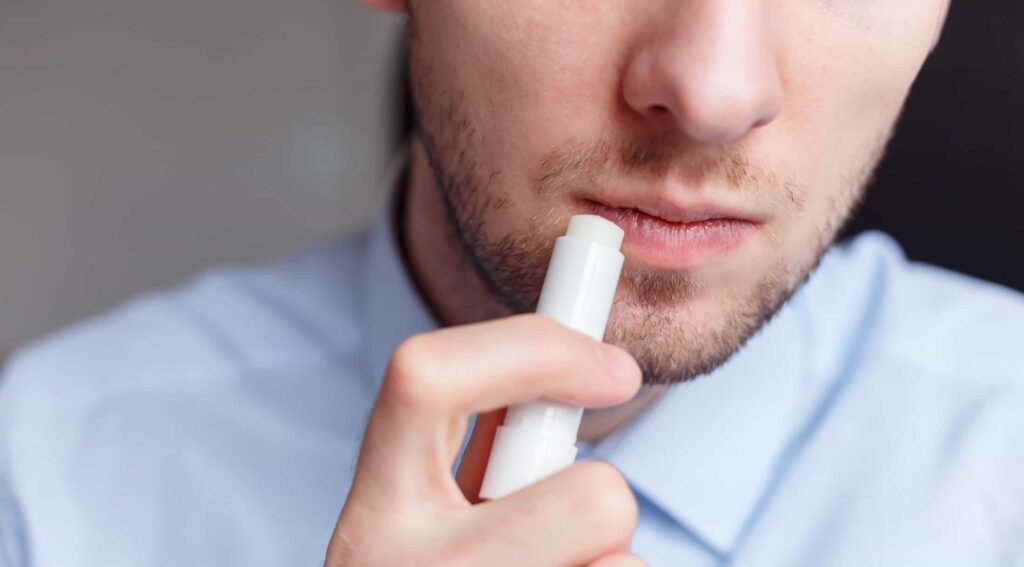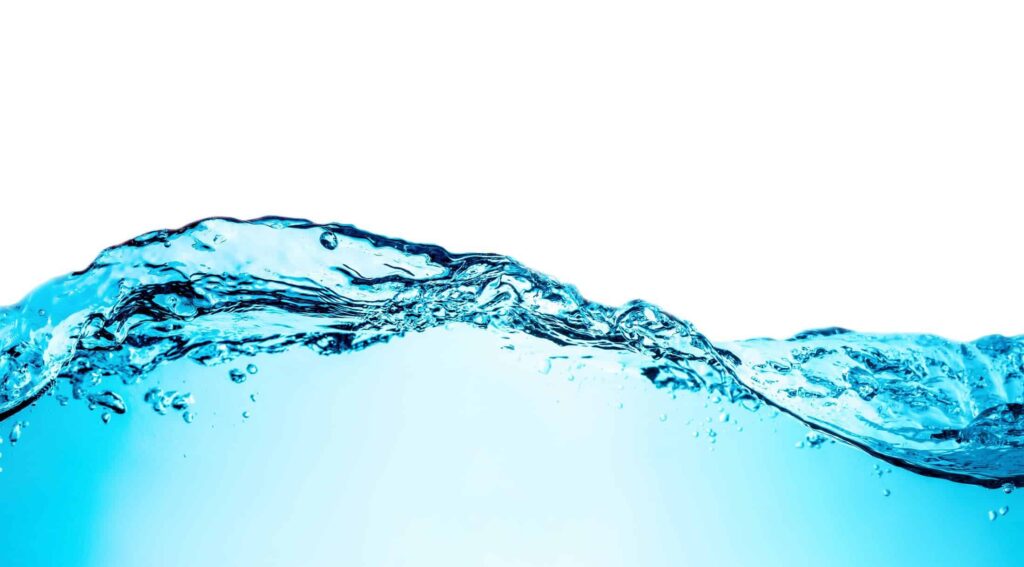Dry mouth, or xerostomia (Zeer-o-STOE-me-uh), is a condition in which the salivary glands in your mouth do not make enough saliva to keep your mouth wet. We all need saliva to moisten and cleanse our mouths and digest food. Saliva also prevents infection by controlling bacteria and fungi in the mouth.
When you do not make enough saliva, your mouth gets dry and uncomfortable. For many, dry mouth is experienced very rarely most likely due to dehydration or consumption of too much alcohol or simply by sleeping with an open mouth.
However, for some, dry mouth is a problem that affects their daily life. In addition to discomfort, it can also make people less confident in social situations, even to the extent of avoiding eating or speaking in public.
Current research estimates that around 1 in 4 adults suffer from dry mouth and this number rises to 40% in the over-55s making dry mouth one of the most common oral health problems.
What causes dry mouth?
Dry mouth is caused when the salivary glands in the mouth do not make enough saliva to keep your mouth wet. Some of the causes of dry mouth are:
Medication: Many medications can cause dry mouth such as drugs used to treat depression, anxiety, pain and colds (antihistamines and decongestants), obesity, acne, epilepsy, hypertension (diuretics), diarrhea, nausea, psychotic disorders, urinary incontinence, asthma (certain bronchodilators), and Parkinson’s disease. Dry mouth can also be a side effect of muscle relaxants and sedatives.
Medical Conditions: Dry mouth can be a side effect of medical conditions such as Sjögren’s syndrome, HIV/AIDS, Alzheimer’s disease, diabetes, anemia, cystic fibrosis, rheumatoid arthritis, hypertension, Parkinson’s disease, stroke, and mumps.
Cancer Therapy: Chemotherapy drugs can change the nature of saliva and the amount produced. Radiation treatments to your head and neck can damage salivary glands, causing a marked decrease in saliva production. This may be temporary or permanent, depending on the radiation dose and the treated area.
Nerve Damage: An injury or surgery that causes nerve damage to the head and neck area can cause dry mouth.
Dehydration: Health conditions such as fever, excessive sweating, vomiting, diarrhea, blood loss, and burns which cause dehydration can lead to dry mouth.
Lifestyle. Smoking, alcohol consumption can affect saliva production and aggravate dry mouth. Breathing with your mouth open a lot can also contribute to the problem.
Top Tips to Prevent Dry Mouth:
Regular Dentist Visits: Dry mouth can aggravate tooth decay and gum disease. It is important to visit your dental team regularly who will advise you how often you should visit.
Use Fluoride: Fluoride has been added in Australian water since 1960. As per Australian Dental Association fluoride is crucial to combatting tooth decay. It gives your teeth extra strength when they’re developing so they’re better able to resist the bacterial acid that causes tooth decay and it slows the growth of bacteria in your mouth known as plaque which leads to tooth decay. Your dentist may also prescribe fluoride supplements if fluoridation is not enough
Gels and Sprays: Your dentist may also prescribe gels and sprays that help to make your mouth stay moist and comfortable.
Sugar-Free Gum: Chewing sugar-free gum can help reduce dry mouth as it encourages your mouth to produce saliva.
Water: Many people find that drinking water helps to reduce dry mouth. If using other beverages, it is important to use sugar-free products, as dry mouth can make you more likely to have tooth decay.
Consult Malouf Dental if you have Dry Mouth:
If you have or are concerned that you suffer from dry mouth, call us for an oral consultation. We will be able to assess your condition and offer treatment if required. Call our friendly team on 3390 6100 or email us. Or click here to book your appointment.
References: Australian Dental Association









